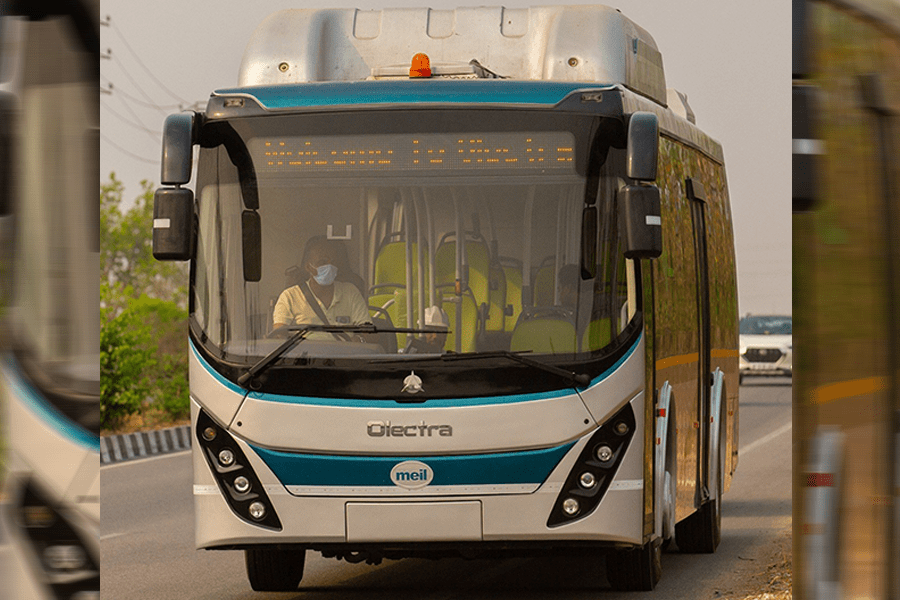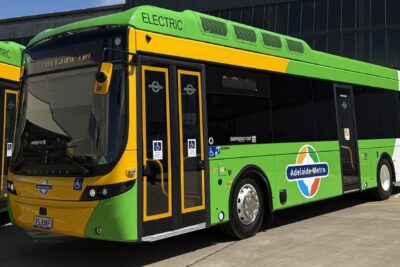India introduces new electric bus grant programme
India’s central government has approved the new electric bus programme ‘PM-eBus Sewa’, which aims to deploy a total of 10,000 electric buses in 169 Indian cities within ten years and to create the infrastructure, including charging technology, to operate the electric buses.
The programme is worth a total of around 576 billion rupees (approx. 6.9 billion US dollars) and is being run as a public-private partnership. India’s central government will provide 200 billion rupees in the form of grants, more than one-third of the proposed cost. The programme, which is expected to create a total of more than 45,000 jobs, is specifically targeted at cities with more than 300,000 inhabitants.
Cities with 300,000 to 500,000 inhabitants are to receive 50 electric buses, cities with 500,000 inhabitants 100 electric buses and cities with two million to four million inhabitants 150 electric uses. At the beginning of this year, a second tender for electric buses was completed in India and a third was launched. In total, the three tenders launched so far covered 16,590 electric buses across the country. However, the third tender for 4,675 electric buses is likely to be cancelled because there was not sufficient interest from the industry due to the financing model chosen in the tender.
The funding for the scheme may not be entirely clear, however, as an article by Business Standard implies that both the federal and state governments will be funding the scheme in collaboration: “Under the scheme, States/Cities shall be responsible for running the bus services and making payments to the bus operators. The Central Government will support these bus operations by providing subsidy to the extent specified in the proposed scheme.” However, it bears mentioning that this is the only source for this information.
“Buses being a pivotal source of urban pollution, the decision will help substantially reduce pollution levels and consequential carbon emissions,” said SMEV Director General Sohinder Gill in a statement, adding: “Moreover, this strategic manoeuvre is set to act as a catalyst for the promotion of electric vehicles across diverse urban centres, enabling a more extensive embrace of electric mobility. Two-wheeler mobility is used by masses and its electrification can become a significant contributor to the EV mission of India.”





0 Comments